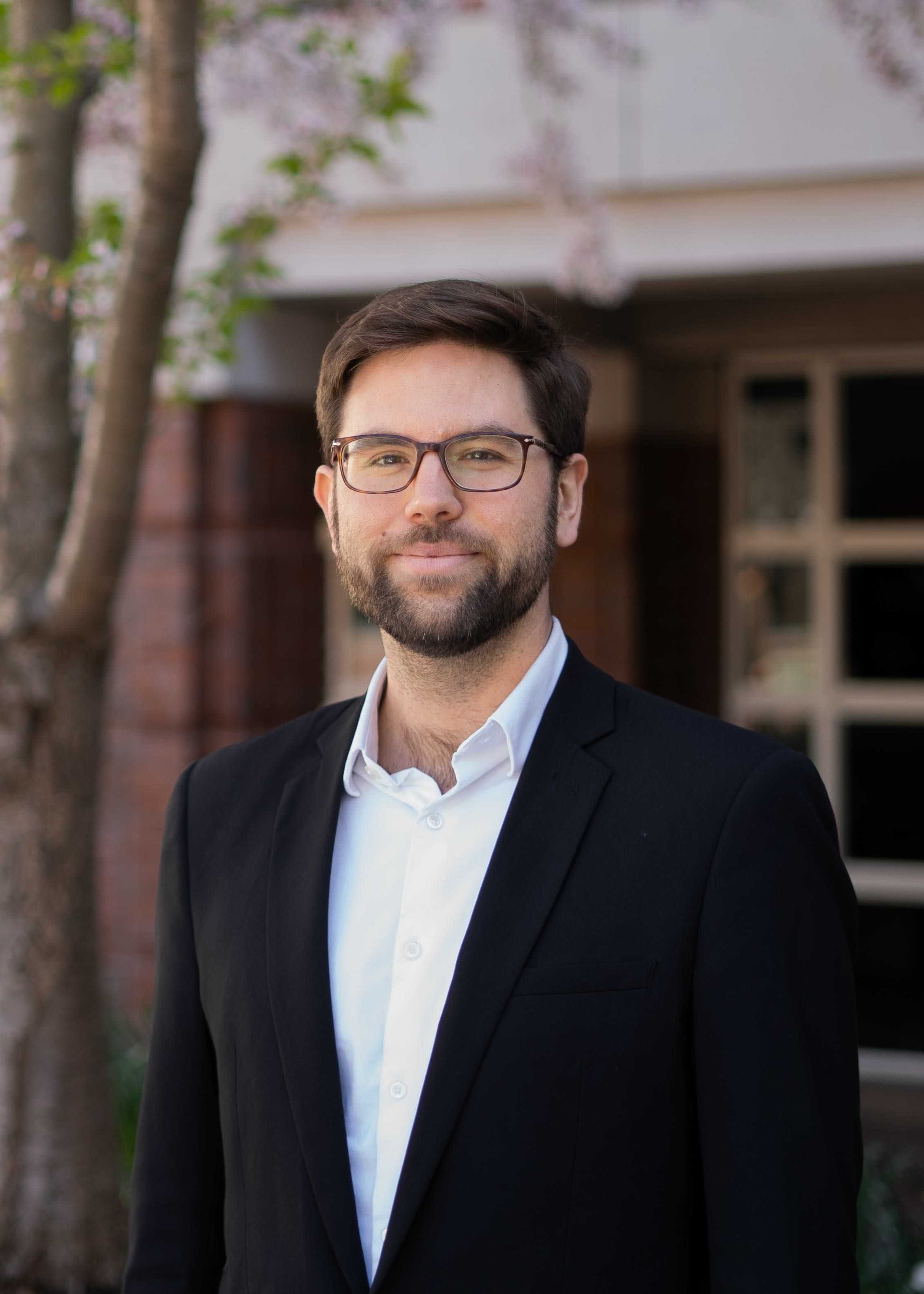Home>Dimitri Courant

Dimitri Courant
Postdoctoral Researcher
Center for Political Research (CEVIPOF)
Research Interest(s): Deliberation, representation, democracy, and sortition
Discipline(s): Political Science
Biography
Dimitri Courant is Postdoctoral researcher at the CEVIPOF at Sciences Po Paris where is also lecturer and teaches his course “Democracy: Representative Crisis and Deliberative Innovations”.
Previously, he was a Democracy Postdoctoral Fellow at Harvard University, and a Postdoctoral Fung Global Fellow at Princeton University. He received his dual Ph.D. in political science jointly from the University of Lausanne and the University Paris 8. He
holds a master’s degree in political science from Sciences Po Rennes and a master’s in social sciences from the School for Advanced Studies in the Social Sciences (EHESS, Paris). He also studied at Queen Mary University of London.
He is currently the president of the related group on Democratic Innovations at the American Political Science Association (APSA) and co-convenor of the specialist group on Participatory and Deliberative Democracy at the Political Studies Association (PSA).
His research is supported by the Swiss National Science Foundation and the French National Scientific Agency.
Dr. Courant’s research focuses on deliberation, representation, democracy, and sortition. His qualitative fieldwork inquiry compares several case studies, especially the Irish Citizens’ Assemblies, as well as the Citizens’ Convention for Climate and the National Great Debate in France. He was also part of the team leading the first Citizen Initiative Review in Switzerland. His postdoctoral work investigates citizens’ assemblies on climate change in an international comparative perspective.
Courant’s latest publication (with Bernard Reber) is the book: Deliberative Democracy and Ecological Transition. The French Citizens’ Convention for Climate (Wiley, 2025).
His previous publications notably include: “Institutionalizing deliberative mini-publics? Issues of legitimacy and power for randomly selected assemblies in political systems” (2022); and “Citizens' Assemblies for Referendums and Constitutional Reforms: Is There an ‘Irish Model’ for Deliberative Democracy?” (2021).
